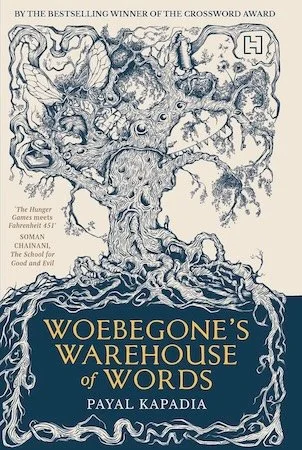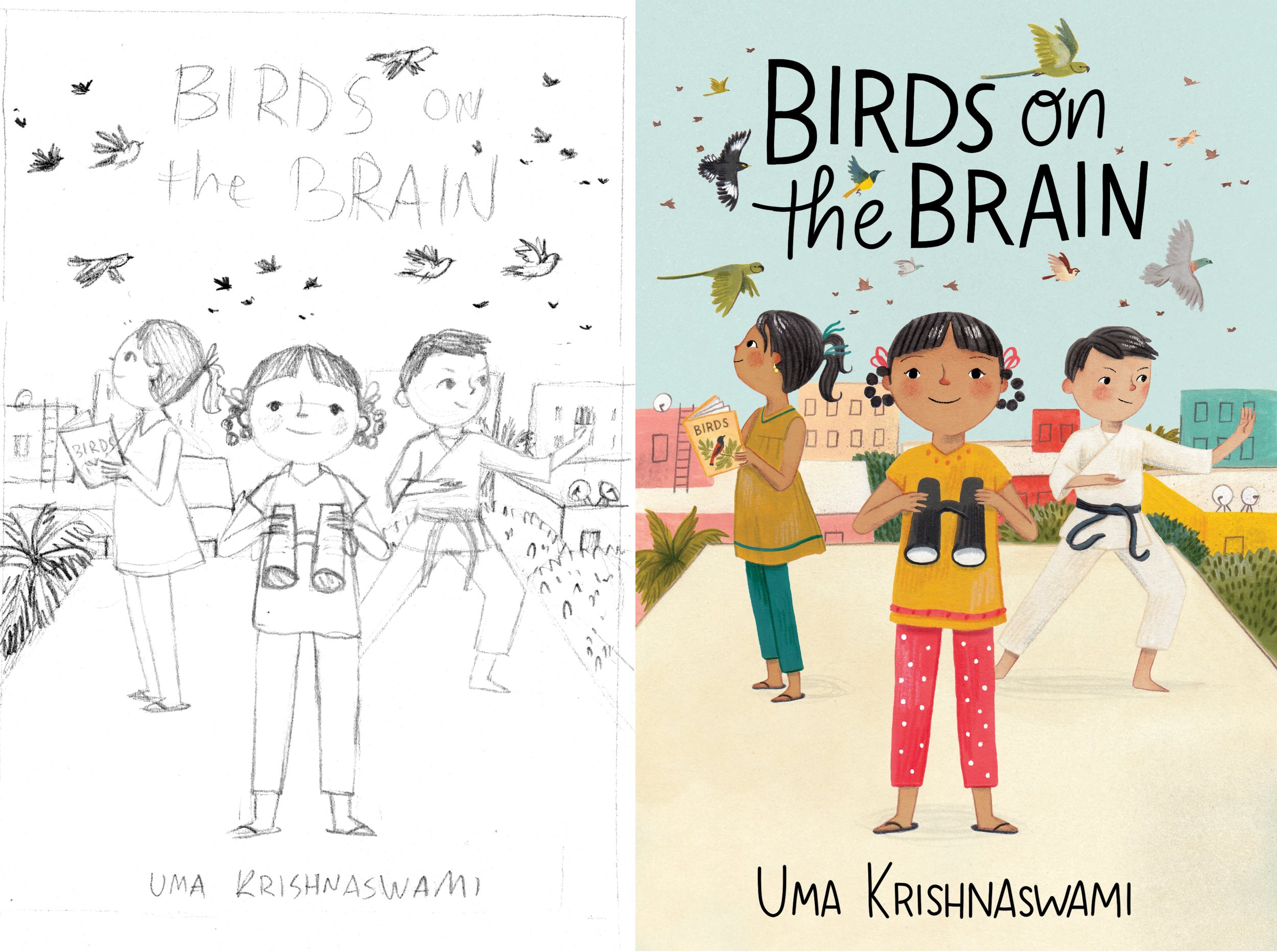
Writing With a Broken Tusk
Writing With a Broken Tusk began in 2006 as a blog about overlapping geographies, personal and real-world, and writing books for children. The blog name refers to the mythical pact made between the poet Vyaasa and the Hindu elephant headed god Ganesha who was his scribe during the composition of the Mahabharata. It also refers to my second published book, edited by the generous and brilliant Diantha Thorpe of Linnet Books/The Shoe String Press, published in 1996, acquired and republished by August House and still miraculously in print.
Since March 2024, Jen Breach (writer, VCFA graduate, and former student) has helped me manage guest posts and Process Talk pieces on this blog. They have lined up and conducted author/illustrator interviews and invited and coordinated guest posts. That support has helped me get through weeks when I’ve been in edit-copyedit-proofing mode, and it’s also introduced me to writers and books I might not have found otherwise. Our overlapping interests have led to posts for which I might not have had the time or attention-span. It’s the beauty of shared circles.


Process Talk: Payal Kapadia on Woebegone’s Warehouse of Words
“Where nothing can be named, nothing is.”
In the tradition of novels that play with words (The Phantom Tollbooth by Norton Juster, The Wonderful O by James Thurber, The Neverending Story by Michael Ende) Woebegone’s Warehouse of Words by Payal Kapadia hit me like a—well, like a box of words falling off a warehouse crane. It felt significant to be reading it now in the middle of a time when words are often weaponized and taken away from people in the real world, where words exercise power and judgments are frequently made by the powerful about who ought to use them and when.
Here’s my conversation with my colleague and friend, Payal Kapadia.

The Promise of a Series: Writing the Book Uncle Trilogy
When Jenn Bailey contemplated a chapter book series about a character she’d only intended to write a single picture book about, she asked herself these questions:
Was my character big enough? Did he have more (and more) to share about himself? And in a unique way?
I worried that Anil, the third of my trio of characters from Book Uncle and Me, who needed to be the subject of Book 3, would be tough to pin down. When I wrote him as a secondary character, first in Book Uncle and Me and then, more than ten years later, in Birds on the Brain, I had to admit that what I had on my hands was a lad of few words.

Guest Post: Julianna Swaney on Illustrating Birds on the Brain
Birds on the Brain—Book II in what has now become the Book Uncle trilogy!—is out today from Groundwood Books!
When we first asked Julianna Swaney to tell us about the cheerful, lively art she’s created for the book, we hadn’t quite understood the extent to which her love of birds informed her work on this story. What a lovely surprise! Here’s what Julianna wrote:

Italics, Audience, and Purpose in the North American and Indian proofs of Birds on the Brain
As an immigrant, first in the US and then in Canada, I have long found myself rebelling against the convention of italicizing the first occurrence of a foreign word in published text. Wasn’t English largely shaped by words imported from other languages? What does “foreign” mean, anyway? Is there a date-stamp on foreignness? Unfamiliar to whom? Italics seemed to be shouting out to the reader. They seemed to be saying things like this:
Hey! Look! This word’s not English!
What language is it anyway?
Check the back of the book. Is there a glossary?
How do you pronounce this?
In other words, stop reading. I decided to dispense with italics as markers of foreignness. I found that others who reflected on this matter agreed.

Dreams For Sale Along the Silk Road
When I was a child, place names from history captivated me: Mohenjo Daro, Samarkand, Pompeii. They rolled off the tongue, promising visions larger than life. Among them was the name of a desert in China—Taklamakan. Its waves of sand formed crescent shapes that kept shifting and forming, over and over, covering an expanse so wide a person could see no end to it. Once you entered this world of sand dunes, you couldn’t leave.
The Taklamakan was just one enchanting spot along what has come to be called the Silk Road: a network of trade and travel routes that opened up rich cultural exchanges and in the process, changed history. Languages shifted. Glassmaking entered China. Paper made its way west. Bandits and monks, traders and adventurers traversed these routes, leaving stories scattered in their wake along a stretch of land so vast it straddled continents.

Process Talk: Heather Camlot on The Prisoner and the Writer
I don’t remember where or when I first heard of The Dreyfus Affair—the wrongful conviction and imprisonment of Captain Alfred Dreyfus, a Jewish officer attached to the French General Staff, on charges of military espionage and selling secrets to the Germans. It might have been included in one of those Reader’s Digest Condensed Books that I devoured, reading scaled-down versions of dozens of titles that I’d never have found otherwise in my childhood years in India.
I can’t remember, but at any rate, Dreyfus was found guilty of treason and sentenced to life imprisonment on Devil's Island. For more than a decade, a small group of human rights activists worked to clear his name, among them author Emile Zola. The real culprit was identified and Dreyfus was eventually pardoned.
Decades after I first heard that story, I’m talking to Heather Camlot, author of The Prisoner and the Writer, about the exchanges between Zola and Captain Dreyfus that led to Dreyfus’s eventual release.
